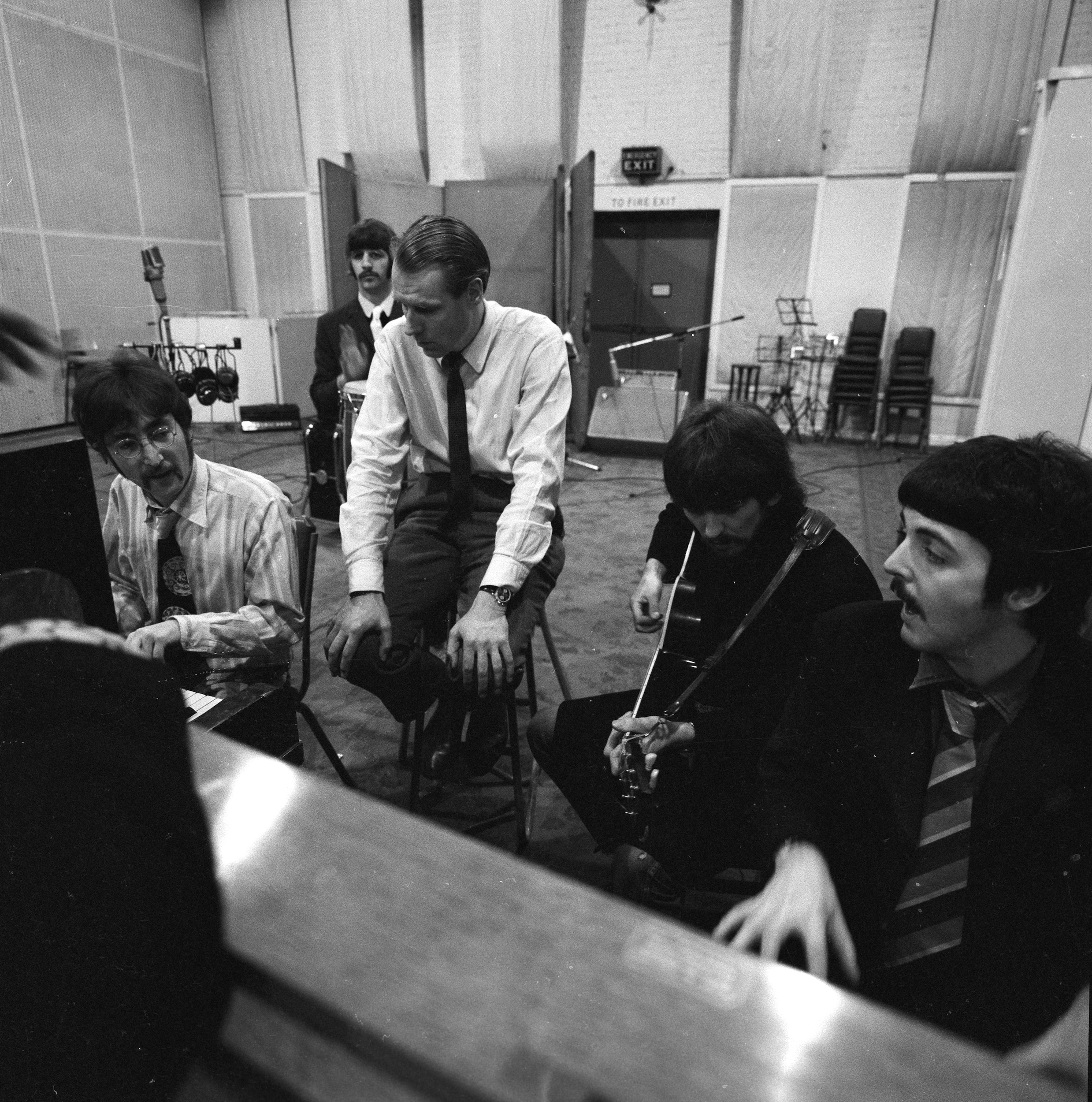
The Beatles with George Martin, Abbey Road Studios Jan. 1967 (Photo: Apple Corps Ltd.; used with permission)
The man who was often referred to as the “Fifth Beatle” was born on January 3, 1926, in London. The renowned Beatles producer, George Martin, earned virtually every music-related honor in his lifetime including six Grammy Awards, an Academy Award, and induction into the Rock and Roll Hall of Fame, to name a few.
He received Knighthood from HRH Queen Elizabeth II in 1996. Martin died in his sleep on March 8, 2016, at age 90 at his home. The cause of death was never disclosed.
The Parlophone Records executive famously met with Fab Four manager Brian Epstein in 1962 after all other British record labels had passed on the quartet. Martin signed them soon after.
In 2017, the two late Beatles’ social media accounts acknowledged Martin with some beautiful images. From John Lennon’s Twitter account…
Sir George Martin 3 January 1926 – 8 March 2016 pic.twitter.com/wo2m4NoH8Y
— John Lennon (@johnlennon) January 3, 2017
From George Harrison’s Twitter account…
#OTD 3JAN1926 @thebeatles producer Sir George Martin was born in London. pic.twitter.com/SokJxm2Ipw
— George Harrison (@GeorgeHarrison) January 3, 2017
From the Beatles’ promising beginning through the days of toe-tapping hits like “Can’t Buy Me Love” of the British Invasion and Beatlemania to the group’s growth and development of songs with orchestral arrangements like “All You Need is Love” and the complexity of Sgt. Pepper’s Lonely Hearts Club Band, Martin was a significant force and influence.
Watch Lennon talk about what they learned from each other, in this interview with “Whispering” Bob Harris
The Beatles were constantly overlooked by the Recording Academy for Grammy consideration, winning just seven. In 2008, Martin and his son, Giles, earned Grammy Awards for their production of the 2006 Beatles album, Love. It proved to be the senior Martin’s final production.
A tweet from Giles in 2020…
Happy Birthday Dad x you did do many great things in life… most importantly you were kind and compassionate throughout. What I miss most is our humour we had. Go well x pic.twitter.com/BROu27aPB1
— Giles Martin (@mashupmartin) January 3, 2020
Related: Our 2016 interview with Giles Martin, who has been producing many Beatles reissues
And another tweet from Giles, from 2022, with a home video of his father explaining to his granddaughter why he signed The Beatles…
I don’t normally share anything personal but this my dad from a while back explaining to my daughter he signed the Beatles. Ordinary people do extraordinary things. Great decisions are made for the simplest reasons. “I figured if I like them this much other people might too” ❤️ pic.twitter.com/j4bf96b4zS
— Giles Martin (@mashupmartin) January 19, 2022
And in 2024, another tribute from Giles Martin. “My dad would have been 98 years old today, I’m so grateful to have had him as a father. When I told him in his last few days what an amazing legacy he left behind, he simply replied “I did the best I could” x
View this post on Instagram
Various books on Martin are available in the U.S. here and in the U.K. here.


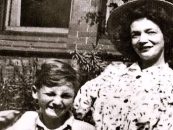
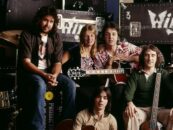
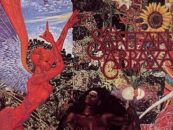
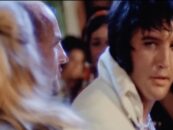

3 Comments so far
Jump into a conversationThree awesome books if you want to know more about George Martin.
1) All You Need is Ears – autobiography
2) Maximum Volume 1926-66
3) Sound Pictures 1967-2016
His production of the Jeff Beck 70s LPs “Blow by Blow” and “Wired” showcased Jeff wonderfully. Although Martin did diss “Wired” later.
The more I listen to the Beatles’ recordings and am able to diagnostically peel away the sonic layers throughout all points of their recording history, the more I realize what a huge, largely unsung, role George Martin played in what we think of as the Beatles’ music. He may not have written the germs of their songs, as they were, but through the teardown and rebuilding and creation processes involved in producing and recording songs, he was certainly at the center of the development of so many of the songs as we came to know them, from actually playing instrumental parts on their recordings to scoring their orchestral movements to coming up with instrumental and technological ideas to meet raw notions that the Beatles themselves had but didn’t know how to express in sound. Some really simplistic very early examples of how Martin expanded how the Beatles came across to the public in recorded sound include his use of doubling pretty much all John Lennon’s vocals to give him a “bigger” vocal presence on their recordings. Also, if you’ll listen very carefully to “A Taste Of Honey,” a very old-fashioned kind of track off of their very first British LP entitled “Introducing The Beatles,” notice that when they go to the bridge, Martin puts a far-away kind of reverb on McCartney’s voice that’s not on any other part of the recording to give it a whole other distant, lonely feel that’s perfect for the change in the music for that part with more of a jazz feel. It’s pure genius, but so subtle as to go almost unnoticed, and would certainly be hard to discern on an AM radio. As much as George Martin was acclaimed for his work with the Beatles and so many others, I really don’t think the Beatles themselves gave him the credit he deserved for bringing their songs to life with the impact they had on everyone. He was much more than “The 5th Beatle,” and quite possibly so much more that the Beatles themselves had trouble acknowledging it.
George made a lot of great 60s recordings. Very lush stereo. There were usually Beatles songs involved. What you hear on the Hard Day’s Night and Help! soundtracks is what you get on the rest.
He was obviously a big Brubeck fan, as you’ll hear snatches on ‘Can’t Buy Me Love’ from ‘Off the Beatle Track’. Which was almost the title of the first Beatles LP, before marketing went with ‘Please Please Me’.
He even did some early electronica ala Ventures in Space as Ray Cathode. Right about the time he met the lads from Liverpool.